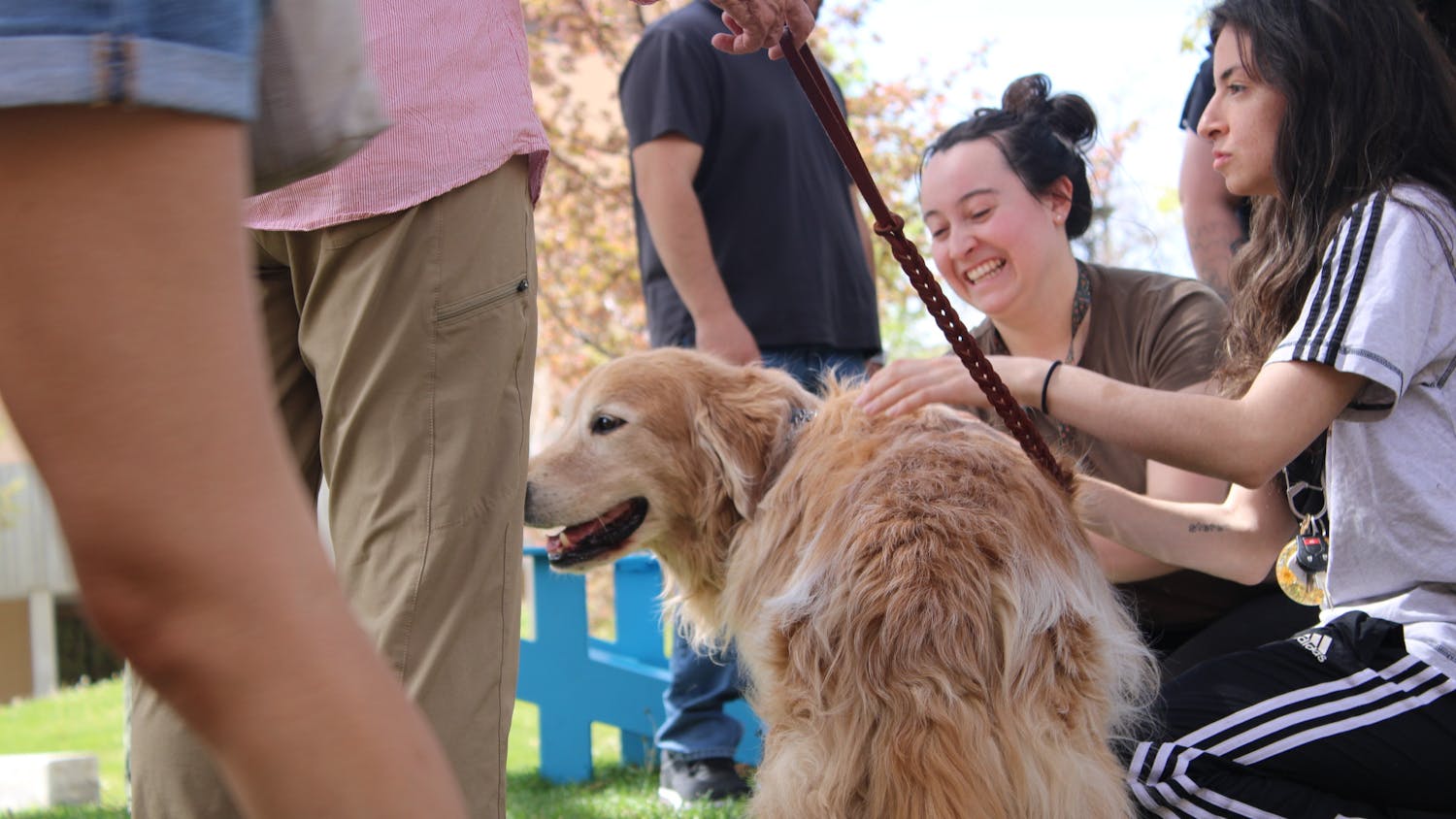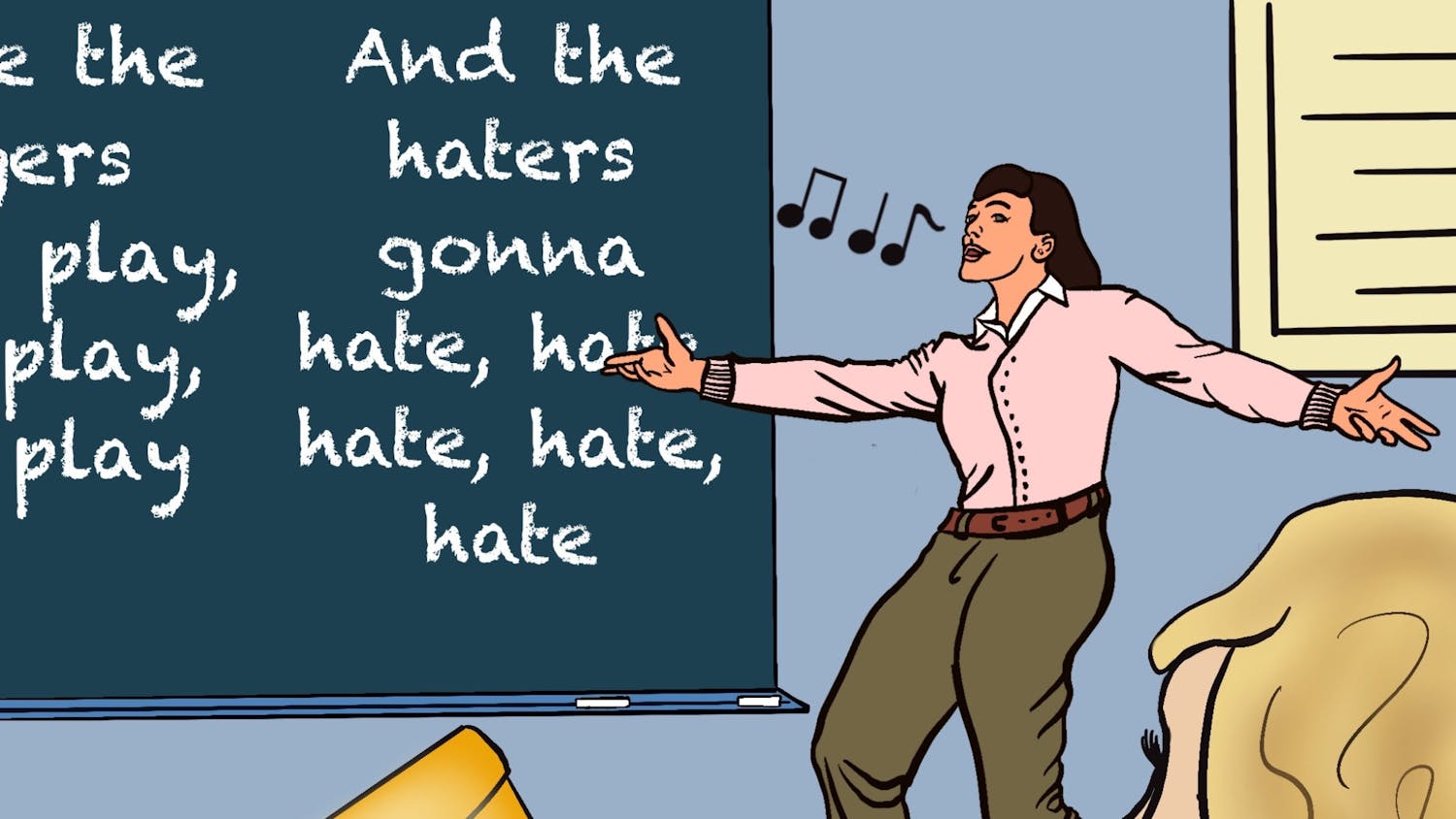I don’t know if I’ve gotten better at auditioning in the years I’ve been an actor.
You certainly never stop learning about acting — new tools, methods, head games, and modes of attack and thought. But auditioning is still not easy, and it’s a skill on its own.
Even directing shows hasn’t done much for empathizing with the man behind the curtain. Every director wants something different visually or verbally from the cattle call of actors humping through to perform a pre-memorized monologue or cold script reading.
I always preferred cold readings for auditions. I thought they were more relevant to the process of casting, and I felt like my acting aptitude to make a dead text sound like impassioned speech was better used and tested.
What I am better at, I think, is dealing with being judged and assessed.
Rejection is at the forefront of people’s minds in an audition, particularly if you’re emotionally invested in the part.
Beating that pressure down into small parts of nervous energy is important. Pressure and rejection is something people will go to no small measure to avoid (See: Facebook).
But rejection is integral to the entire process of auditioning. So get used to being told, “We regret to inform you that you were not cast for this specific play.”
Get used to this kind of rejection not affecting your self-worth.
It’s absolutely rough when you don’t get the totally sweet lead role you desperately wanted in the World’s Coolest Play Ever, but the kind of accurate self-assessment can’t come from the human elements of an outside decision to cast you in a show.
I try to think more along of the lines of, “What am I going to do differently to get the next part so that the director can clearly tell I rock?”
Something I’ve learned about auditioning is that the point is to stand out.
You want to be memorable. You want the director to be thinking about the performance you gave when they’re thinking about the actors they want in their cast.
This might be going beyond what you’d think is an appropriate level of energy or enthusiasm for a live performance. One of my major metacognitive triggers is my awareness or worry about overacting. You don’t want to look like an idiot or that you don’t know what you’re doing. Overacting comes from a lack of understanding or control.
Get content from The Daily Lobo delivered to your inbox
But remember that you’re not in front of an audience.
You’re in front of a director who you’re trying to convince that you’re talented — that you have the range and ability to fill the parts they need.
If that means stage whispering to get a cheap laugh, suddenly screaming your head off at the dramatic climax of a despondent soliloquy, or messing with the rhythm of speech so much it sounds like English might be your second language — then change back.
Don’t just stand there. Do something!
Even if you have the script in your off-hand and you’re trying with much difficulty to keep track of your words, act as though it’s the most important rehearsal of the show. Look, move, touch, sigh, laugh, react to the other person — do anything you would do in an actual performance.
Nerves are normal, but for an audition, nerves are the enemy.
Nerves tell you not to stand out, not to be That Guy — especially if it ultimately leads to rejection. But in theater and in an audition, you want to be That Guy — that weird one who everyone remembers.
Theater people are weird. I don’t need to tell you that. But since theater people casting a show will be looking for weird theater people to do weird theater things, this plays to your advantage. And in a theater audition, you need to play to all your strengths and weaknesses.





